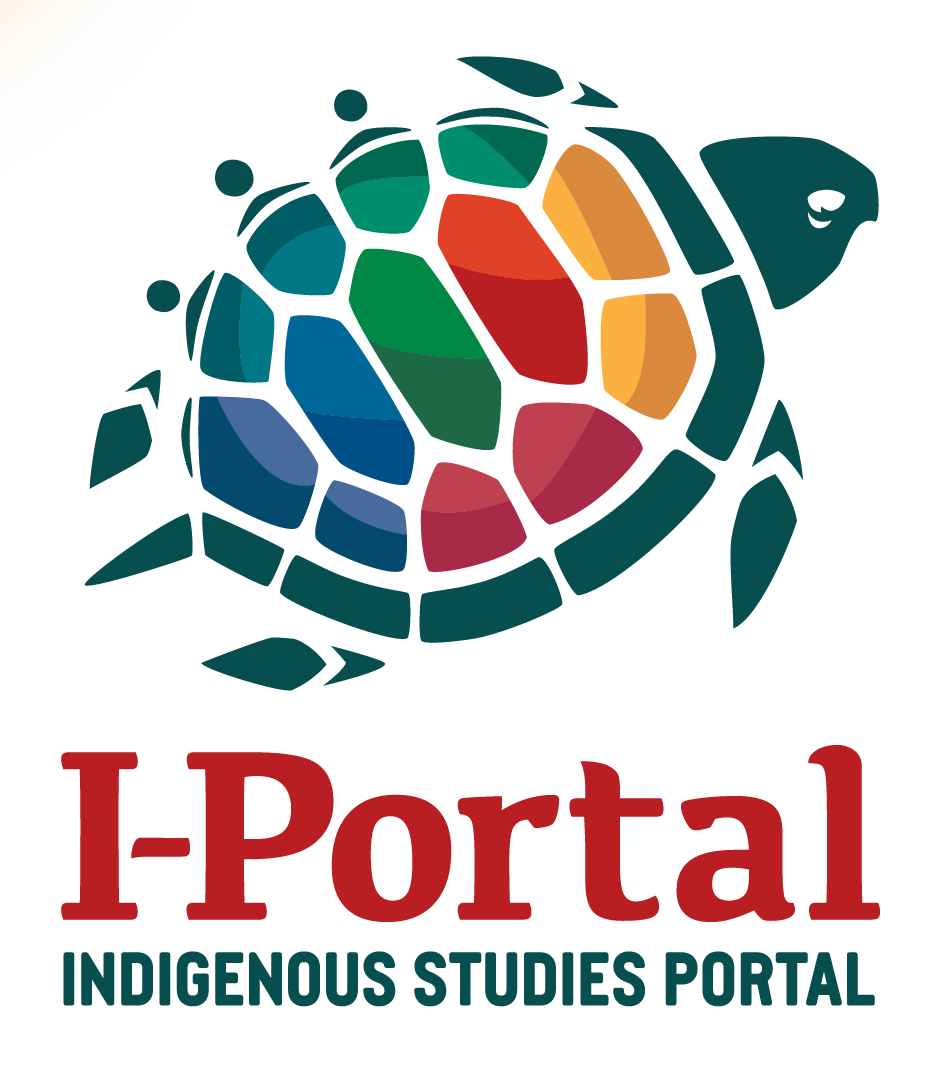Working in John Wayne Country: Racist and Sexist Termination at a Pacific Northwest University
Articles » Scholarly, peer reviewed
Author/Creator
Robert Free Galvan
American Indian Quarterly, vol. 27, no. 1/2, Special Issue: Native Experiences in the Ivory Tower, Winter-Spring, 2003, pp. 189-195
Description
Author provides a detailed account of their experience working to implement equity, diversity, and inclusion (EDI) strategies for hiring and programming in an HIV services and treatment program administered by a University in the Pacific Northwest of the United States.
